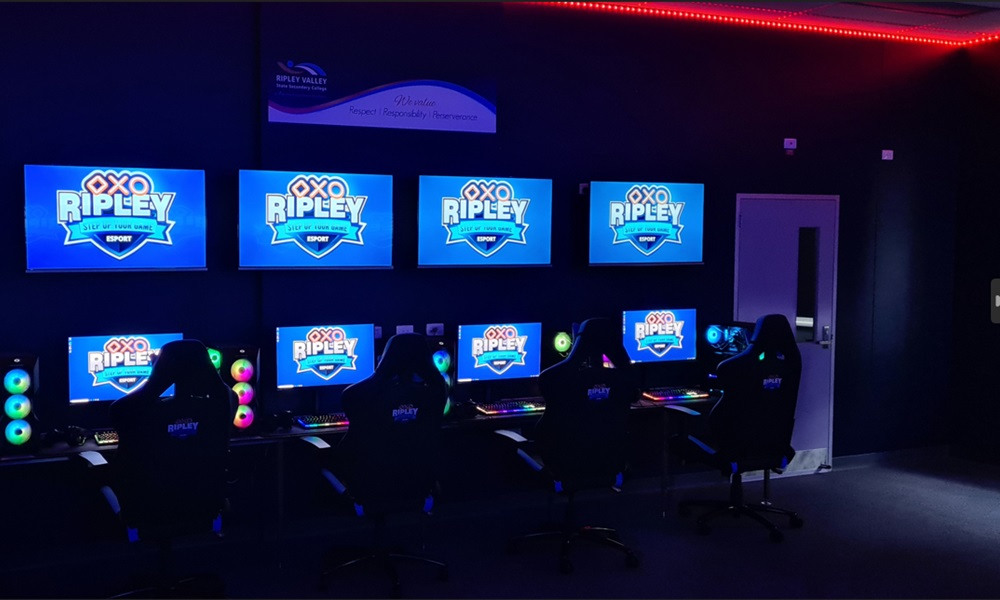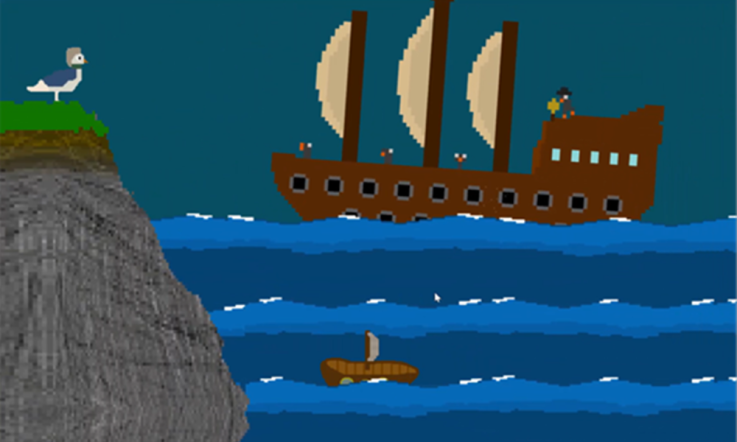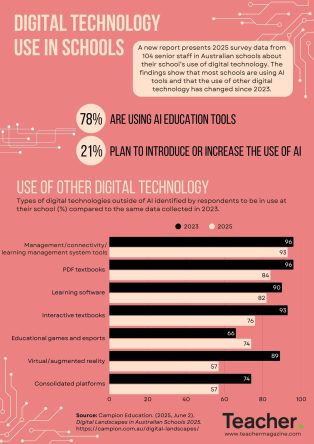With many students expecting to work in ICT careers (Russell, 2025) and STEM industries likely to be a key player in the future jobs market (Russell, 2023), what opportunities are there for students in your school setting to be exposed to skill development in these areas? Participating in eSports – a form of competition using video games – might be one vehicle.
Matthew Jorgensen, Education Pathways Manager at the Australian Computer Society (ACS) says eSports offer a wide range of benefits for students, from skill development to student engagement and inclusion.
‘eSports needs critical thinking, problem solving, and teamwork,’ he tells Teacher. ‘It introduces students to key STEM concepts such as data analysis, game theory and digital citizenship. These experiences not only enrich learning but help prepare students for future careers in technology, cybersecurity, and digital industries.
‘The structured and collaborative nature of eSports also supports neurodivergent students, providing a safe space to build confidence and social skills. eSports fosters leadership and organisational capabilities, especially when senior students manage teams and events as part of a leadership role. It promotes community building by connecting students across year levels and backgrounds, strengthening peer relationships and school culture.’
eSports as a tool for student engagement
At one school in Queensland, eSports is proving popular.
Ripley Valley State Secondary College in Ipswich, Queensland, currently serves around 1,300 students. The eSport coordinator at the school, Callum Simmons, has been employed there since the school opened in 2020 and has seen eSports grow from a lunchtime club into a formal eSports program.
‘It was just a no brainer. I think it was a natural thing to start to introduce into schools and use it as a tool for engagement and developing communication skills, developing teamwork, developing critical thinking, all that sort of stuff in a way that the students engage with it more,’ he tells Teacher. ‘The kids love it. The kids love the gaming side of things.
‘And I join in on playing the games with them all the time … it builds a really good relationship with the kids … every time I go down there to my class, they're always there before me, lining up, ready to go.’
Establishing an eSports program
The eSports Academy at Ripley Valley State Secondary College has around 100 students enrolled, and sessions run 3 times a week.
Students need to apply to be a part of the program and can apply in any year level. For year 7 students, the work begins while they’re still in year 6 at feeder schools. ‘We go out and do presentations and say, “hey, these are the programs that we run. If you're interested, put an EOI [expression of interest] in and then, you know, if you're accepted from that EOI, you'll be invited to come to a trial”,’ Simmons says.
He explains the program is mapped to the Australian Curriculum: Digital Technologies. ‘The way that I structure it is 2 theory and one prac. ‘So, I tried to mirror it to HPE [Health and Physical Education] … where you do your prac lessons and your theory lessons.
‘I've done a little bit of shifting with it lately this term. I've actually trialled doing half-and-half lessons for every lesson where they do theory to start with, and once that work's complete, they do prac for the remainder. And I think that’s worked pretty well, because it just gives them more time to have fun in class doing the gaming stuff.’
Cross-curriculum and partnership opportunities in eSports
Recently, Simmons participated in a trial with the mathematics department at the school after staff approached him to see if eSports activities could support student engagement.
‘The thing that they were doing was flipping coins. So, instead of flipping coins, we had the whole year 9 cohort come through and play a bunch of Super Smash Bros, collected all this data from all the games and then they had to go through and analyse it – who was the best player and which class did the best,’ Simmons shares.
They surveyed the students after this activity. Around half the cohort responded, with results showing 78% enjoyed having eSports integrated into their maths assignment; while 73% said they were more engaged with the maths assessment compared to maths assessments that didn’t involve eSports.
They have also established a range of partnerships with external organisations. One is involvement in the FUSE Cup, an international school eSports competition, where Ripley Valley State Secondary College students recently came second in the Rocket League competition.
Another partnership is with the Valor eSports training platform. ‘The online training platform is great,’ Simmons says. ‘It essentially shows you how you can develop as an eSport player … A bit like soccer, you know, you could be really good at dribbling, but maybe your shooting isn't so good, so you need to work on your shooting. But how do you work on your shooting? So, they've taken that concept from normal sports and then put it into eSports. [One training program] is Rocket League and they develop these 10-week long training programs on how to get better at certain skills within the game.’
Ripley Valley State Secondary College is still expanding as a school. As it grows, there are plans to build a second eSport lab to allow the program to expand further.
For schools interested in starting their own eSports program, the ACS has developed a free guide, which can be accessed by following the prompts at this page.
References
Russell, D. (2023, March 15). Preparing students for the future space workforce. Teacher magazine. https://www.teachermagazine.com/au_en/articles/preparing-students-for-the-future-space-workforce
Russell, D. (2025, July 11). Infographic: Teens’ career expectations over time. Teacher magazine. https://www.teachermagazine.com/au_en/articles/infographic-teens-career-expectations-over-time
eSports can introduce students to key STEM concepts such as data analysis, game theory and digital citizenship. How are you developing these skills with students in your school setting?
Do you think eSports would be a useful tool to engage your students? How could you get started with implementing an eSports program? Which colleagues and external partners could support you?



